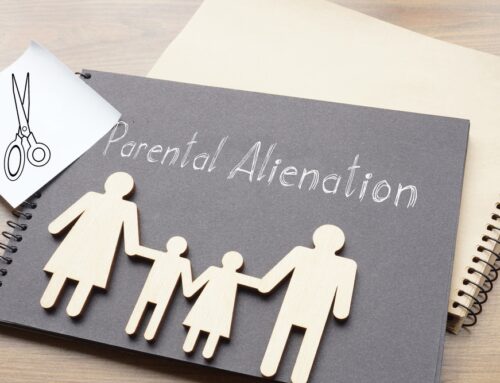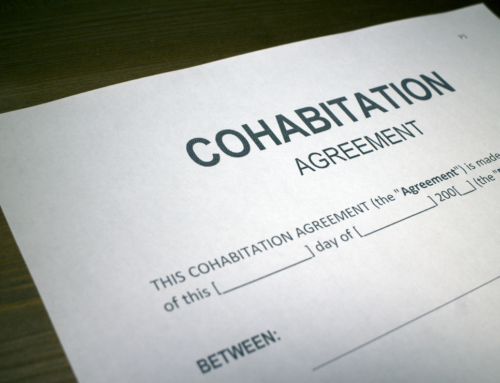You have issued your divorce petition and that is progressing, you’ve tried your best to reach an agreement with your husband or wife about what is to happen with the finances, the house, pensions, and savings and so on, but no agreement is in sight. So what happens now?
Applying To The Court For A Financial Order
Well the only effective way of forcing the issue is for either party to make an application to the court for a financial order. Before such an application can be made it is necessary for the parties to try and reach an agreement via mediation. There are some circumstances, such as where there has been domestic violence, that mediation is simply not an option. We can advise on whether any of the exemptions apply to your circumstances.
Assuming that mediation doesn’t resolve your dispute, it is necessary for you to issue an application at court. In this blog we shall look at the court process, in a future blog we will look at how the court comes to a decision.
Starting Your Application
An application is started by sending a Form A to the court along with the fee, presently £255. Once the court receives it they will write to the parties giving directions (steps which must be taken) and providing the date of the first hearing (FDA).
The first direction will be the need to file a financial statement know as Form E. We will provide you with this to complete along with a list of documents you must attach to it. It is very important that you complete this on time. If you do not the court may order you to any costs incurred by your ex.
Once completed, form Es’ are exchanged and you are able to see what your spouse has filed. At this point we will help you draft a questionnaire based on the other parties form E. They will be doing the same based on your document. At this point neither party needs to answer the questionnaires.
At the first hearing the court will decide what the issues between the two of you are, the extent to which you need to answer the questionnaire and by when and also what other evidence is needed. For example do we need to valuation of a property, or a report as to a parties pension rights. The court will in the vast majority of cases then set the matter down for a Financial Dispute Resolution Hearing (FDR).
Financial Dispute Resolution Hearings
The FDR or normally the second hearing is basically a negotiating exercise held in court with the benefit of a judge. Discussions on the day are all without prejudice, which means they can not be referred to in open court or open letters. The idea is that the parties through their lawyers try a reach an agreement. Often the Judge will be asked to help and he or she may give an indication as to what they would do if they were to make a decision.
The judge cannot impose an agreement on the parties, but can approve an order if the parties do in fact reach settlement terms. The majority of cases which come before the court settle either at or shortly after the FDR. That is what the system is intended to achieve.
Final Trial Hearing
If agreement is not reached the judge will list the matter for a final hearing, a trial. At the final hearing it is common for both parties to be represented by a barrister. The court will hear both parties give evidence and be cross examined by the representative of the other party. The court will also hear detailed submissions from the representatives and read the bundle of documents which have been filed. The Judge will then deliver a judgement explaining what it to happen and why he or she has come to that decision. Any order made by the judge must be complied with by the parties, unless it is successfully appealed.
Do You Need Expert Legal Advice Relating To Your Divorce?
Here at Beeston Shenton pride ourselves on being able to secure the best outcome for clients. We have the depth of experience and knowledge to guide you through the court process. Your mind can be at ease knowing that even during a complex of case with a seemingly never ending maze of tactics, we’ll never let you take a wrong turn!
Please get in touch with us today and we’ll be happy to help you find a way forwards.




